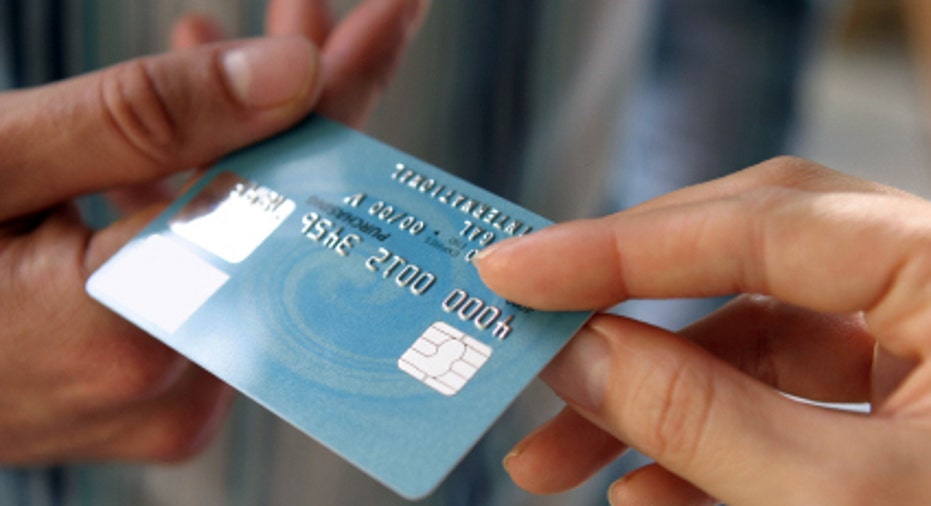Soon-to-be College Grad Seeks Adult Plastic

Dear Opening Credits,
I am a soon-to-be-graduating college student. When I first arrived on campus three-and-a-half years ago, I got a student credit card with our credit union. Its balance has been paid in full every month since then. But now that I'm entering the real world, I am looking for two to three credit cards that offer varying rewards and other favorable terms, and want to cancel my student card once I get those. Assuming that I will continue to make payments in full each month, what is the best way to go about this without harming my credit score, or at least having the least negative impact due to new accounts and the closing of my old one? Thank you for your advice!
- Alexander
Dear Alexander,
I'm impressed! Not only do you possess a formal education, you've also got natural common sense. Since you're in college, I'm assuming that you're in your early 20s -- and it would be great if more young (and not so young) adults could be similarly motivated.
You have already established a credit history with your student card, which puts you ahead of the game. Everything you've done with that account -- from the highest balance you've ever held to the way you've made your monthly payments -- has been listed on your consumer credit reports since the day you opened it. Because you've done well, that data will stay put, too. Unlike most negative information that will eventually be deleted, positive information can remain on a credit report indefinitely.
In general, it's a smart idea to keep such perfectly managed accounts active. Length of credit history comprises 15% of your FICO credit score. Though it's less critical than your payment pattern (35%) and how much outstanding debt you're carrying (30%) compared to the amount you can borrow, it does push the numbers up. Additionally, a long relationship with a bank looks attractive to other lenders. For these reasons I suggest hanging on to it and using it occasionally, even after you get your new cards.
To know which accounts you'd be eligible for at this stage, pull your credit reports and scores to see where you stand. The reports are available for free once a year from each of the top three credit bureaus (Experian, Equifax and TransUnion) on AnnualCreditReport.com, and you can purchase the FICO scores from its website, myFICO.com, for about $20 each.
Read your reports carefully to make sure everything is correct. If they're not and you spot something such as a balance that's too high or an account that's not yours, your scores might be lower than what they ought to be. Correct errors via the dispute process on one of the bureau's websites as each is obligated to report the dispute to the other two.
All clear? Check out the credit cards that are offered to people with FICO scores in your range. The very best products will be available to consumers with score numbers in the 750 and higher range. Be aware, however, that even if your scores are considered excellent, your income will also be assessed. If yours is nonexistent or low, it will be hard for a lender to have confidence that you can repay what you may charge. So if you're aiming for the most premium of plastic, work on securing a well-paying job before applying.
Once you do get your dream cards (such as an airline rewards card with a big promotional bonus for signing up), charge as smartly with them as you have with your student card. Then, if you really want to cancel your starter card, you can. Closing it will reduce your score, but with the positive activity you've started with the newer accounts, it shouldn't go too low and those digits will rebound quickly.
On a final note, each time you apply for a card, the issuing bank will check your credit, which is called a "hard pull," and may temporarily ding your score each time you apply for a card. To avoid multiple dings, only apply for those cards that you are fairly confident you will be accepted for. And if you are rejected, wait several months before applying for a new card -- allowing your credit score time to recover between applications.
See related: 5 credit score secrets of the young and FICO-savvy, Good credit history doesn't go away when card is canceled



















